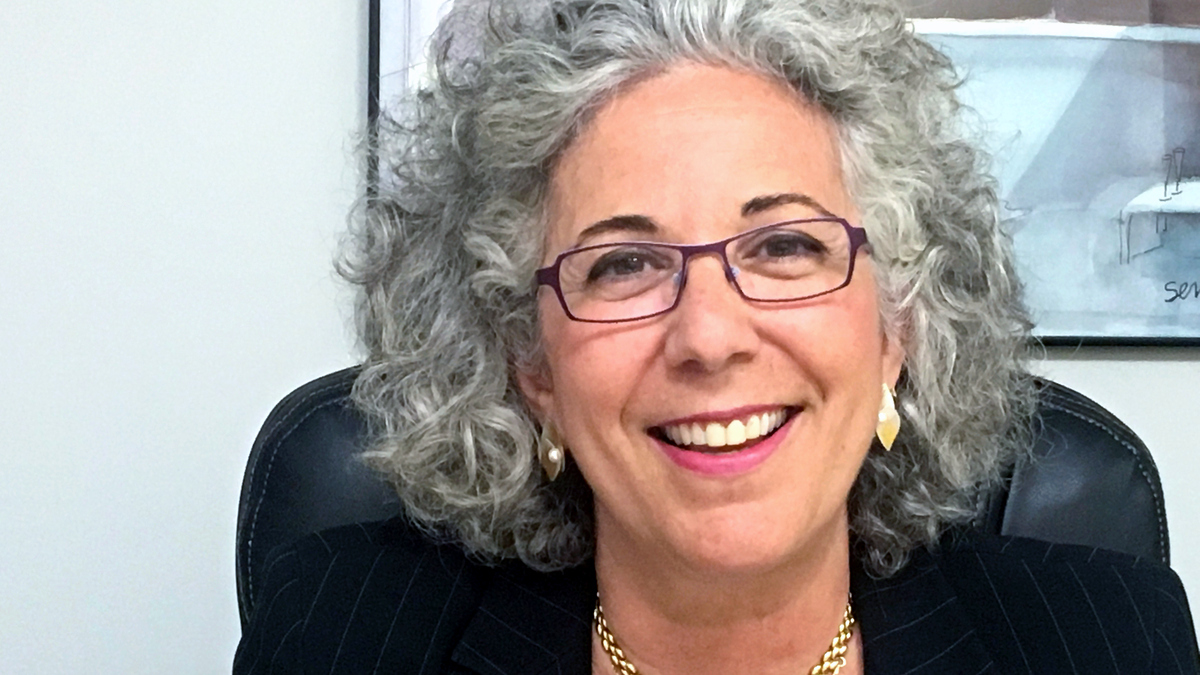
Redefining Good Health - And Good Health Care
A federal court ruling in December declaring that ACA unconstitutional raised yet another alarm-raiser for Obamacare customers around the country. Again, in the delicate realm of subsidized insurance, ACA customers were asking: Should I reapply? Is the ACA dead? Will my coverage be canceled?
For now, the foreseeable future, the ACA remains the law of the land as this latest upheaval makes its way through the courts. Obamacare has withstood numerous challenges and two Supreme Court appeals, so advocates recommend people stay the course and get covered. During the recent enrollment period, which ended Jan. 23 in Massachusetts, our insurance counselors at Community Health Programs assisted nearly 1,000 ACA customers with applications.
A year ago, during the 2017-18 Open Enrollment period, as the ACA was under assault from a president and Congress bent on its undoing, more than 11 million people signed up for coverage – far outpacing projections. In November and December 2018, nearly 8.5 million signed up. Although enrollment has slipped somewhat as some states abandoned coverage mandates, and as federal funds for outreach and enrollment help were slashed, it's evident that most Americans still want to get and keep, their health coverage.
For now, let's assume that ACA is here to stay. Millions of Americans who were once locked out of insurance options now have access to health coverage.
But the ACA is no guarantee of better health. It's a payment system that enables a patient to get into the exam room of a primary care provider, specialist or a dentist. Practice – and that's where better health begins. Now, as our patients have more support to achieve better health, community health centers like ours are remodeling healthcare for both our new ACA patients and for others who choose our care.
Today, we are redefining what constitutes "good health" and "good health care." As the "social determinants of health" move into focus, we must reach beyond vital signs, the histories, the medication lists: We now ask patients about housing stability, transportation access, family relationships, caregiving challenges, friendships, food security. We know, and research shows, that these stressors impact health. But are we prepared for the patients' answers?
Our FQHC, Community Health Programs, is unique in serving more than 32,000 patients in nine separate practice sites, in a far-flung rural corner of Western Massachusetts. We provide a range of medical, dental, women's health, nutrition and other care. We have an extensive program of services for families, and we administer a WIC program. As comprehensive as our services are, we see a growing need for new support and resources to keep our promise of providing health care to all comers.
On the list:
* Resources to support patients "beyond the exam room" with referrals, information and follow-through on social and environmental issues impacting health security. We are working to strengthen community collaborations with social service and advocacy organizations, to meet this need.
* Fast-track licensure and credentialing for health care providers interested in working in rural or underserved areas such as ours and/or in FQHCs in any area. We are talking with our elected representatives and boards of registration in medicine and nursing in hopes of opening this pipeline.
* Creative transportation solutions for patients, especially in rural areas, who need not just a medical appointment, but an x-ray, a pharmacy trip or a physical therapy appointment, a grocery stop. We are exploring ways to improve rural transit resources with ridesharing options or enhanced volunteer networks to assist patients, especially our elders.
* More flexible student loan forgiveness and assistance for primary care providers who chose to work in underserved communities, to help with recruitment and retention. We need state and federal help to boost incentives for those who commit to rural areas and CHCs.
* Reform of Medicaid's limits on dental care coverage, to ensure that poor people do not lose their teeth, thereby reducing their overall health and nutritional status. We must continue to lobby for better oral health through our professional and legislative alliances.
Most critically, we must help to expand our community's concept of what it means to provide health care to all, and what it means to be healthy. We must embrace the notion that when the patient leaves the office, our work is not yet done.
With the ACA, in which we have confidence, we are inching toward health insurance and health care access for nearly all Americans. Pockets of leadership are beginning to understand that health insurance are not tax burdens – they are up-front investments in overall health for families and communities. And as health care providers, we are now understanding that follow-up care is not just about the next visit to the doctor's office.
Lia Spiliotes is the chief executive officer of Community Health Programs, a federally qualified health center network serving more than 32,000 in Berkshire County, Massachusetts. She also serves on the board of the Massachusetts League of Community Health Centers.

Tags: CHP,















